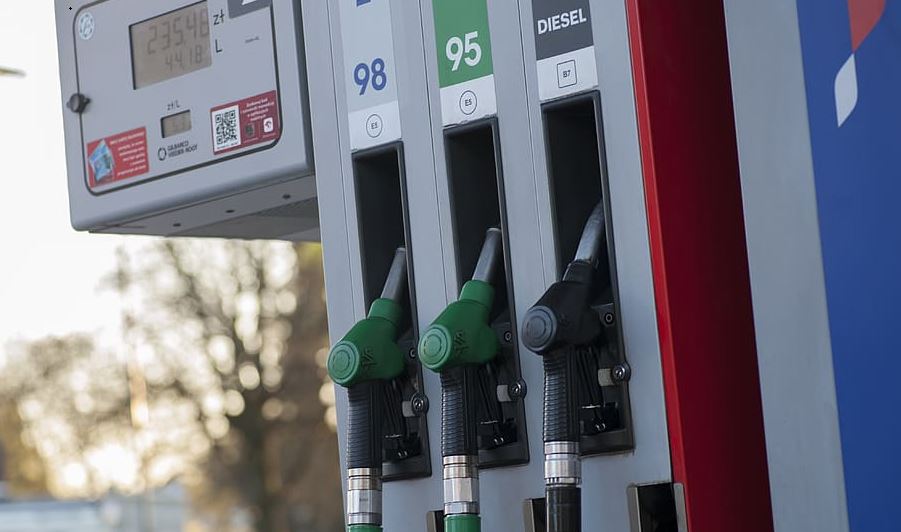A RAFT of measures has been unveiled this week by Prime Minister Pedro Sanchez in a bid to minimise the impact of the Ukraine war on the Spanish economy.
The left-wing coalition government announced a €16 billion aid package designed to cushion Spaniards from the effects of rising fuel prices, soaring inflation and an overall spike in the cost of living.
The Spanish government will release ‘approximately €6.0 billion in direct aid and tax rebates and €10 billion in state-guaranteed loans to cushion the impact of the crisis on families and businesses’, explained Sanchez on March 28.
Here’s a rundown of the main points included in the new package which will be in place until June 30.
Fuel subsidy
A 20 cent reduction in fuel prices will be applied directly at the pump at petrol stations. The government will subsidise 15 cents of this, with fuel companies paying the remainder.

Slashed energy tax
With electricity costs soaring even before the Russian invasion of Ukraine, the government has decided to extend a reduction on VAT on electricity bills until June 30.
It means that the IVA as it is known in Spanish will remain at the cut price of 10% from the usual 21%, a measure that was introduced in June last year and extended again in December.
Energy cap and discount scheme
In addition to the above, the government said it will cap the price of fuel used in electricity production as an ‘exceptional measure’ as well as extend the temporary suspension of the 7% tax on electricity production.
Both measures are designed to bring down household bills.
What’s more, authorities plan to make an addition 600,000 households eligible for an electricity discount scheme thereby expanding the social energy tariff scheme to a total of 1.9 million families.
Who qualifies for the discount scheme?
Spain has clear guidelines on those who are eligible for a scheme offering discounts of up to 70% on the electricity bill
These are
- A single adult who lives alone and earns less than €12,159
- A household whose salary is less than €16,212 and includes one minor living at home
- A household whose salary is less than than €20,265 with two minors at home
- Those families classified as a ‘familia numerosa’ (having three or more dependants) no matter what the income. https://www.supportinspain.info/knowledge-base/card-for-larger-families-tarjeta-familia-numerosa/
- Retired individuals with an income lower than €500 euros per month
- Any household with less than €8,106.
Rent increase cap
Under the new plan, landlords will not be able to increase the rent for existing tenants by more than 2 percent over the next three months.
This prevents landlords from using the rise in the Consumer Price Index as an excuse to hike up the rents.
Benefits will rise by 15 percent for three months
The minimum vital income – Ingreso mínimo vital in Spanish – offered by Spain’s Social Security will be increased by 15% for the next three months.
This is the benefit offered by the state to those who without work or the ‘paro’ which is contributory unemployment benefits.
It currently ranges from a minimum of €461 and up to €1,015 depending on circumstances.
Ban on layoffs
Spain has reintroduced the scheme it used to help businesses struggling during the pandemic by banning lay offs and instead allowing a furlough system.
This will run up until June 30.
READ MORE:
- Olive Press Opinion: When it comes to Russian oligarchs, Spain must do its homework
- Spain’s Malaga to offer accommodation to visiting Ukrainians who cannot return to their country
- EXPLAINED: How can I offer my home in Spain to refugees fleeing war in Ukraine?
Click here to read more News from The Olive Press.








